一.公文副詞
但是從一些合同的英文譯本中發(fā)現(xiàn),這種公文語副同常被普通詞語所代替,從而影響到譯文的質(zhì)量。
實(shí)際上,這種公文語慣用副詞為數(shù)并不多,而已構(gòu)詞簡單易記。口譯公司常用的這類副詞是由 here、there、wher 等副詞分別加上 after、by、in、of、on、to、under、upon、with 等副詞,構(gòu)成一體化形式的公文語副詞。例如:
從此以后、今后:hereafter;
此后、以后:thereafter;
在其上:thereonthereupon;
在其下:thereunder;
對于這個(gè):hereto;
對于那個(gè):wherto;
在上文:hereinabovehereinbefore;
在下文:hereinafterhereinbelow;
在上文中、在上一部分中:thereinbefore;
在下文中、在下一部分中:thereinafter.
現(xiàn)用兩個(gè)實(shí)例,說明在英譯合同中如何酌情使用上述副詞。
例 1:本合同自買方和建造方簽署之日生效。
This Contract shall come into force from the date of execution hereof by the Buyer and the Builder.
例 2:下述簽署人同意在中國制造新產(chǎn)品,其品牌以此為合適。
The undersigned hereby agrees that the new products wherto this trade name is more appropriate are made in China.
二、謹(jǐn)慎選用極易混淆的詞語
英譯商務(wù)合同時(shí),常常由于選詞不當(dāng)而導(dǎo)致詞不達(dá)意或者意思模棱兩可,口譯公司有時(shí)甚至表達(dá)的是完全不同的含義。因此了解與掌握極易混淆的詞語的區(qū)別是極為重要的,是提高英譯質(zhì)量的關(guān)鍵因素之一,現(xiàn)把常用且易混淆的七對詞語,用典型實(shí)例論述如下。
2.1. shipping advice 與 shipping instructions
shipping advice 是“裝運(yùn)通知”,是由出口商(賣主)發(fā)給進(jìn)口商(買主)的。然而 shipping instructions 則是“裝運(yùn)須知”,是進(jìn)口商(買主)發(fā)給出口商(賣主)的。另外要注意區(qū)分 vendor(賣主)與 vendee(買主),consignor(發(fā)貨人)與 consignee(收貨人)。上述這三對詞語在英譯時(shí)、極易發(fā)生筆誤。
2.2. abide by 與 comply with
abide by 與 comply with 都有“遵守”的意思.口譯公司但是當(dāng)主語是“人”時(shí),英譯“遵守”須用 abide by。當(dāng)主語是非人稱時(shí),則用 comply with 英譯“遵守”。
例 3:雙方都應(yīng)遵守/雙方的一切活動(dòng)都應(yīng)遵守合同規(guī)定。
Both parties Shall abide by/All the activities of both parties shall comply with the contractual stipulations.
2.3. change A to B 與 change A into B
英譯“把 A 改為 B”用“change A to B”,英譯“把 A 折合成/兌換成 B”用“change A into B”,兩者不可混淆。




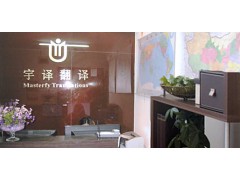


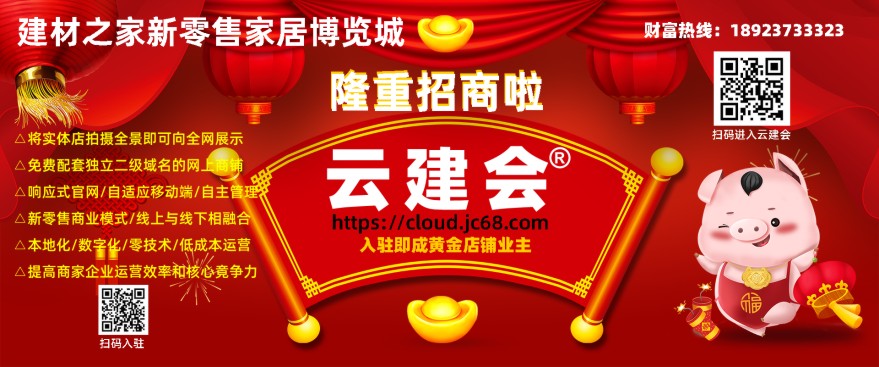


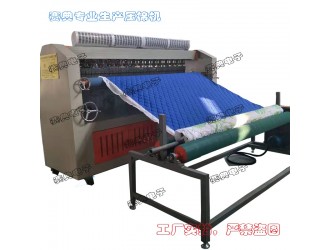
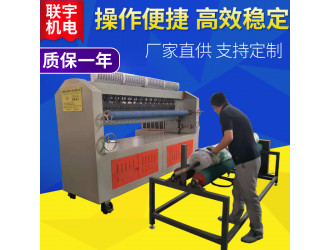
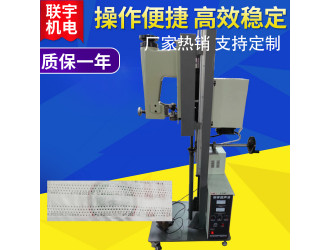
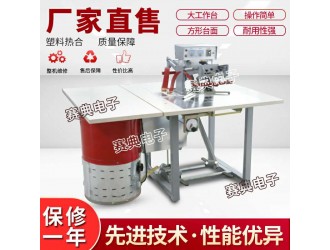
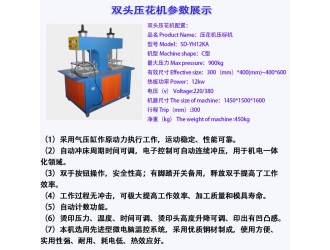


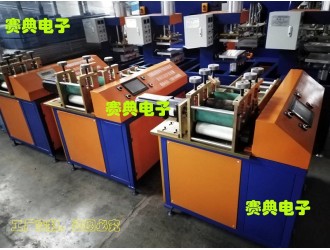
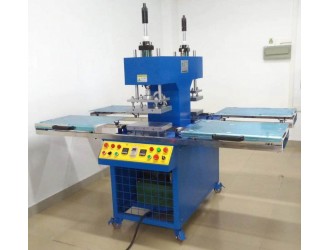





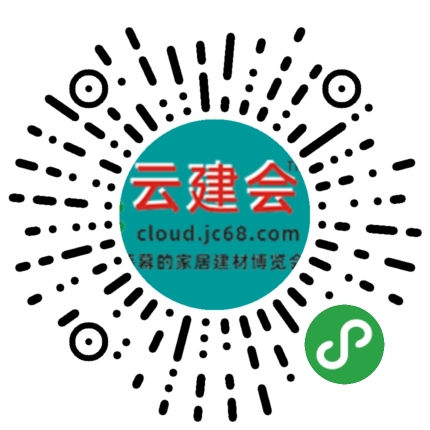


 粵公網(wǎng)安備 44030402000745號
粵公網(wǎng)安備 44030402000745號 